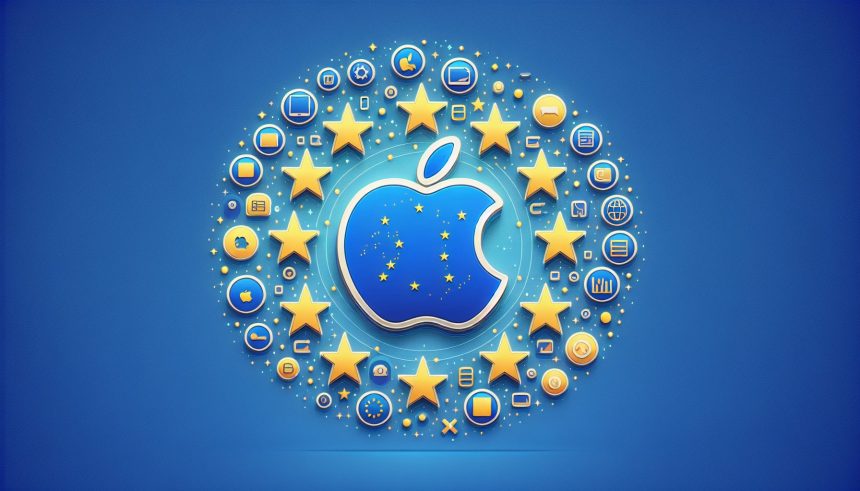Apple has recently announced a major policy change for developers in the EU that allows direct distribution of iPhone applications from websites and revised policies for third-party app stores. This significant shift aims to provide developers with more flexibility and promote a more varied app market.
The updated policies are an avenue for third-party app stores to promote their own collection of apps, increasing Apple’s outreach. For instance, an iOS app store showcasing only their games can streamline the user experience and attract targeted traffic. Simultaneously, these changes also expand the variety and diversity of applications available for Apple’s devices.
Apart from facilitating third-party app stores, the policy overhaul allows developers to have better control over in-app promotions, discounts, and special offers. They can now direct users to their websites for transactions, which deviates from Apple’s previous model. Greater flexibility means developers can design unique promotional strategies, enhance user experience, and increase brand authenticity.
However, developers who wish to deliver apps directly from their sites need to meet specific criteria. These include being an Apple Developer Program member for two years, having over a million app installations on iOS in the EU in the past year, complying with data collection policies, maintaining excellent customer support, and ensuring the apps are devoid of harmful content. They must also keep the apps updated with the latest technological advancements.
Furthermore, with an Apple-designed API, qualifying developers can simplify app distribution from websites while increasing data security. The software update expected soon to facilitate web-based app distribution will significantly enhance adaptability, allowing developers to cater to user-specific needs effectively.
While these changes may potentially expose users to scam websites, experts recommend cautious browsing to ensure secure user experience. It’s important to note that these changes are only applicable in the EU, in adherence to the legislation in the region.
These policy changes are scheduled to coincide with the launch of iOS 17, which anticipates significant App Store revamps, new emojis, podcast transcriptions, and AI-driven features. A public release is slated for September with a preview scheduled at the WWDC in June.







